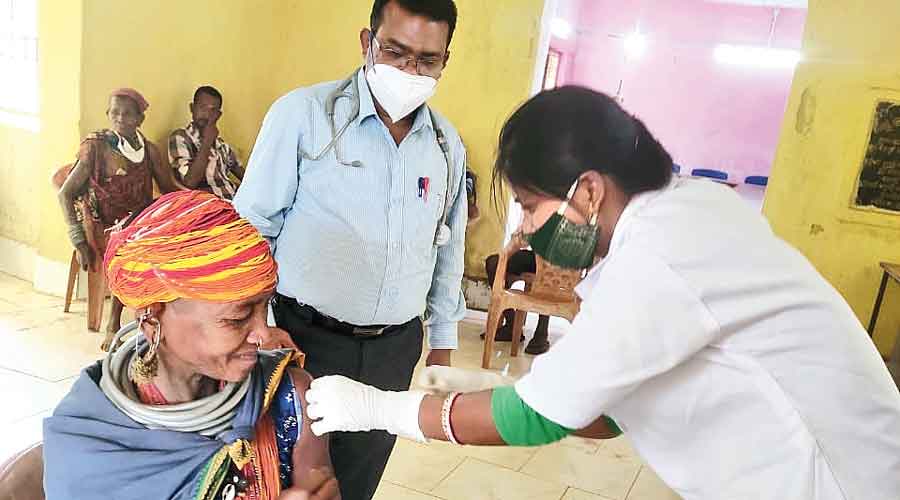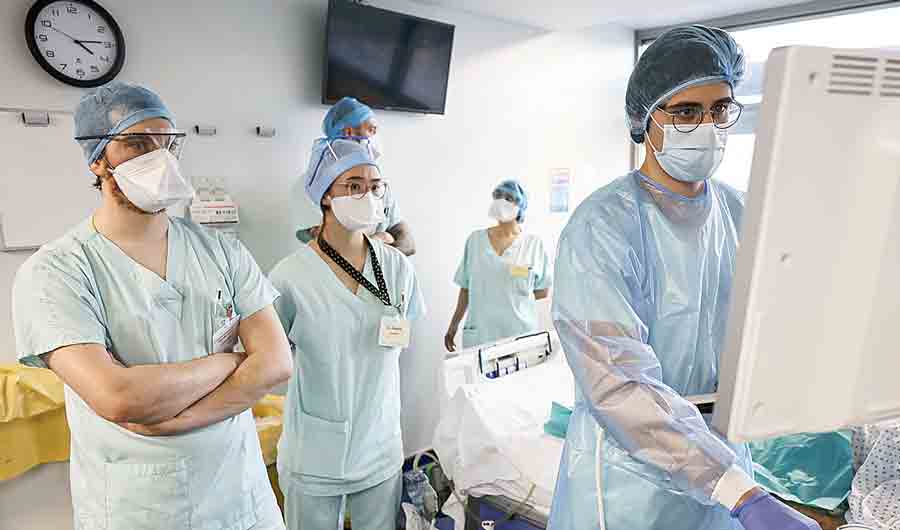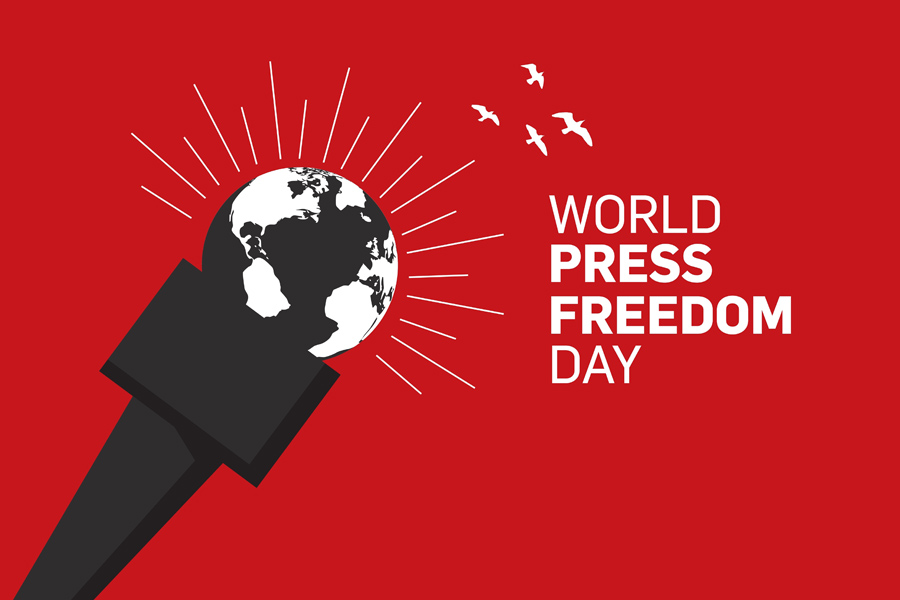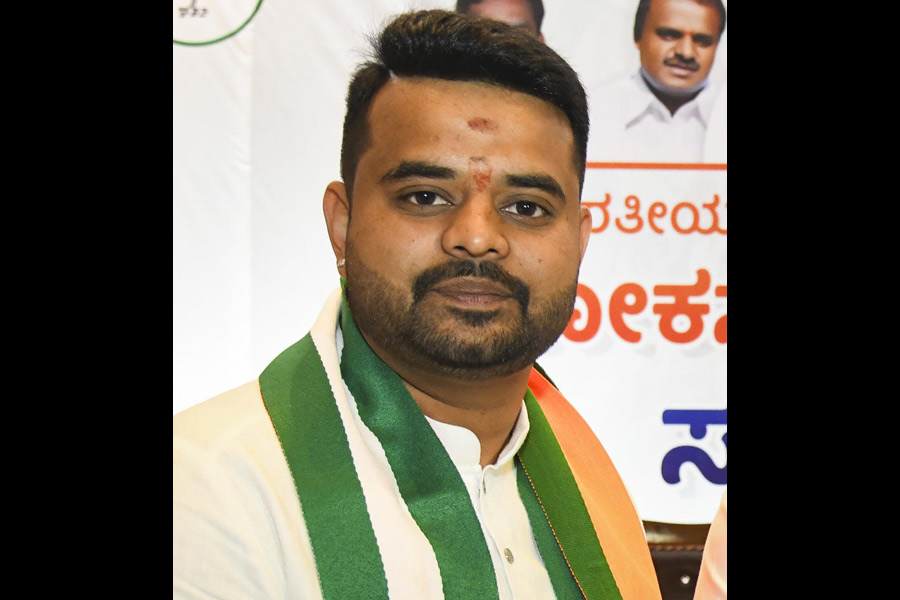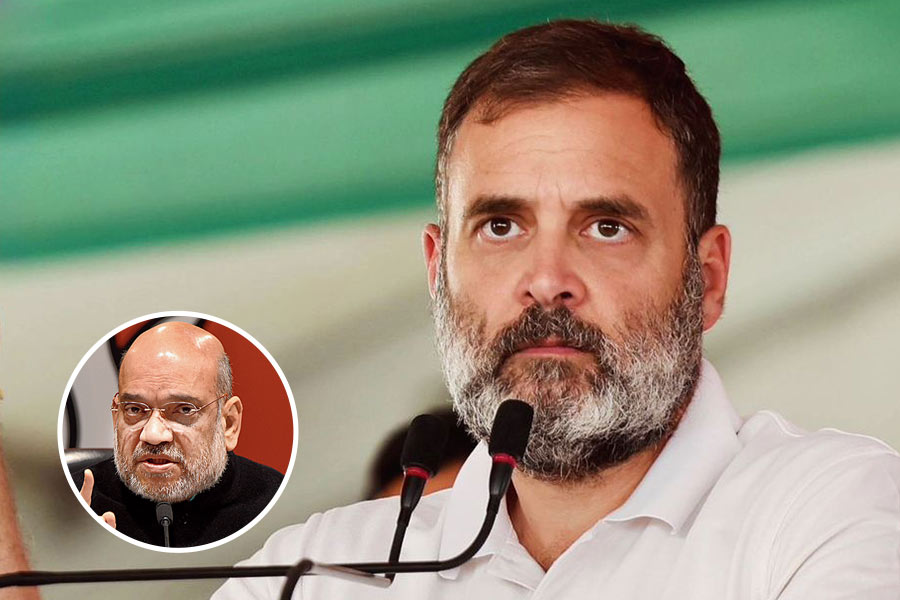Till a decade ago, the vulnerable and primitive Bonda tribe used to lose a large number of members to malaria every year because its traditions ruled out the use of mosquito nets or modern medicines.
Over the past one year, though, the tribe of less than 10,000 people that likes to shut out the external world has shed its aversion to needles and vaccination to script one of the success stories of Odisha’s fight against Covid.
Not a single member of the tribe has been infected so far during the third wave of the pandemic although the number of Covid patients in Odisha has been rising by the day.
Almost every eligible member of the Bonda community has taken both doses of the Covid vaccine. Now, the administration is preparing to give booster doses to Bondas aged 60 and above.
Odisha on Thursday reported 10,368 new Covid patients and 88,346 active cases.
The Bonda community lives in isolation on the Bonda Hill in Malkangiri district and follows over 1,000-year-old traditions.
“They are very protective about their culture and traditions. They look at the outer world with suspicion,” a local journalist said.
Dr Debabrata Barik, medical officer at the Khairput Community Health Centre, told The Telegraph: “Earlier, the Bondas were reluctant to take vaccines. Last year, we convinced them about the need to take the jabs, and they came forward to cooperate.”
He added: “Of course, we lied to them that they would be deprived of government facilities (like free rice) if they didn’t take the vaccine shots. It helped. Through last year, 42 of them got infected with Covid. However, not a single case has been reported this time.”
The Bondas, a Particularly Vulnerable Tribal Group, are known for their stagnant population, low literacy levels and mostly pre-agricultural economy. They mostly earn a living by selling forest produce like wood and fruits.
Asked how they would have come into contact with Covid-positive people, Dr Barik said: “When they come to the local market from the hilltop, they come into contact with Covid (carriers). Their sons and daughters also move outside for various kinds of work. Sometimes, they act as carriers.”
About six-seven years ago, the medical authorities had registered another triumph by persuading the Bondas to use mosquito nets and take anti-malarial medicines, if required.
“Malaria has stopped being a major threat to their health. This has been possible because of their adaptability,” Dr Barik said.
Once every week, Dr Barik and his team leave the community health centre early in the morning to visit the Bonda Hill.
“We always carry our food and return only in the afternoon. All sorts of health issues have been addressed,” he said.
However, there’s one precaution the Bondas continue to shun like many of their fellow Indians.
Sukanti Keshani, a Bonda woman working at an Anganwadi centre, said: “I have been working as an Anganwadi worker for the last three months. All people in my community are now aware of health issues. All know about the repercussions of Covid. But they are still averse to wearing masks.”

